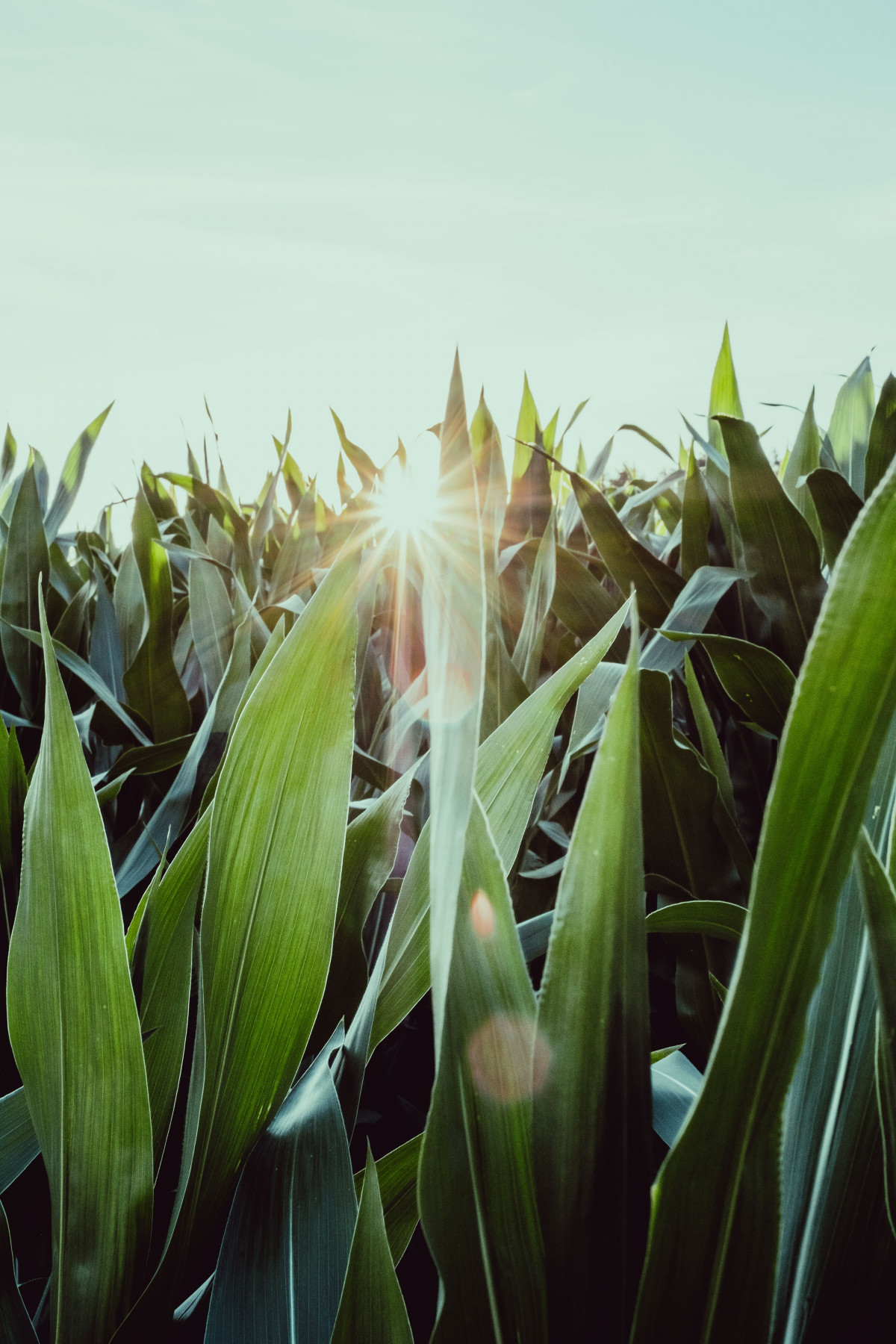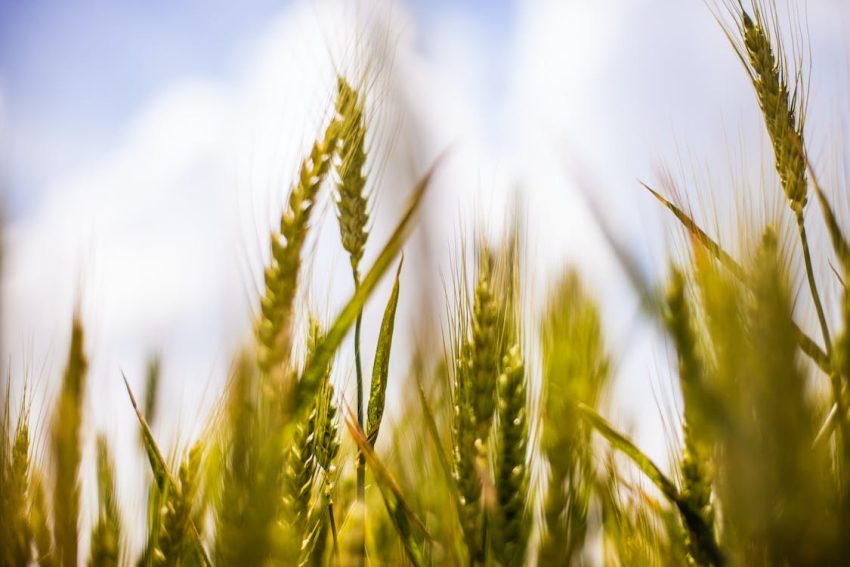Hey there, readers! If you’re intrigued by the idea of sustainable farming and want to play a part in preserving our planet while producing bountiful yields, you’re in for a treat. In this comprehensive guide, we’ll dive into the world of sustainable farming, exploring its benefits, principles, and practical tips that you can implement on your own farm. So, roll up your sleeves and let’s uncover the power of sustainable farming for a greener and more fruitful tomorrow!
1. Embracing the Essence of Sustainable Farming
Sustainable farming isn’t just a buzzword—it’s a transformative approach that nurtures the land, conserves resources, and ensures future generations can thrive. The core principle is simple: work with nature, not against it. By adopting practices that balance environmental stewardship, economic profitability, and social responsibility, sustainable farming redefines the way we grow our food and care for our planet.
2. Restoring Soil Health: The Foundation of Success
Healthy soil is the heartbeat of sustainable farming. It’s where the magic happens, supporting the growth of robust crops that resist diseases and pests. To kickstart your journey, focus on practices like cover cropping, crop rotation, and minimal tillage. These techniques boost soil fertility, enhance water retention, and reduce erosion—all essential for maintaining a thriving farm ecosystem.
3. Water Management: Efficient and Thoughtful
Water is a precious resource, and sustainable farming revolves around its responsible use. Implementing efficient irrigation methods, such as drip irrigation or rainwater harvesting, minimizes waste and ensures that every drop counts. By optimizing water management, you not only conserve this valuable resource but also reduce your farm’s environmental footprint.
4. Embracing Biodiversity: Nature’s Secret Weapon

In nature, diversity equals resilience, and sustainable farming mirrors this wisdom. Integrate a variety of crops, both cash and cover crops, to create a balanced ecosystem. This promotes natural pest control, reduces the need for synthetic chemicals, and enriches the soil. It’s a win-win for your farm’s health and the environment.
5. Mindful Pest Management: A Natural Approach
Bid farewell to excessive pesticide use! Sustainable farming takes a holistic approach to pest management. Encourage natural predators and beneficial insects to thrive on your farm by providing them with a safe haven. Additionally, explore methods like companion planting and trap cropping to deter pests while maintaining a harmonious farm ecosystem.
6. Smart Energy Use: Reducing Your Footprint
Energy efficiency is a cornerstone of sustainable farming. From solar-powered irrigation systems to wind turbines, integrating renewable energy sources can significantly reduce your carbon footprint. Plus, these investments often pay off in the long run by cutting down operational costs.
7. Local Markets and Community Engagement
Sustainable farming isn’t just about the farm—it’s about fostering a connection with your local community. Selling your produce at local markets not only supports the local economy but also reduces the carbon emissions associated with long-distance transportation. Engaging with your community also raises awareness about sustainable practices and fosters a sense of shared responsibility.
8. Waste Reduction and Composting
Turning waste into wealth is a mantra in sustainable farming. Implement composting systems to recycle organic waste and create nutrient-rich soil amendments. Composting not only reduces landfill waste but also enhances your soil’s fertility, ensuring healthier and more productive crops.
Your Role in a Greener Tomorrow
Congratulations, eco-conscious farmers-to-be! You’ve embarked on a journey that aligns with the rhythms of nature and contributes to a more sustainable future. By adopting these principles and practices of sustainable farming, you’re not only growing nutritious food but also nurturing the Earth that sustains us all. So, whether you’re a seasoned farmer or a greenhorn in the field, remember that each step you take toward sustainable farming is a step toward a greener and more resilient world. Happy farming!

